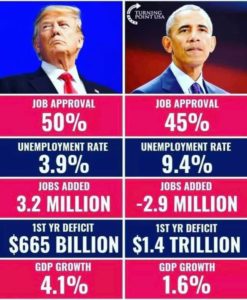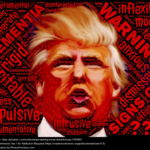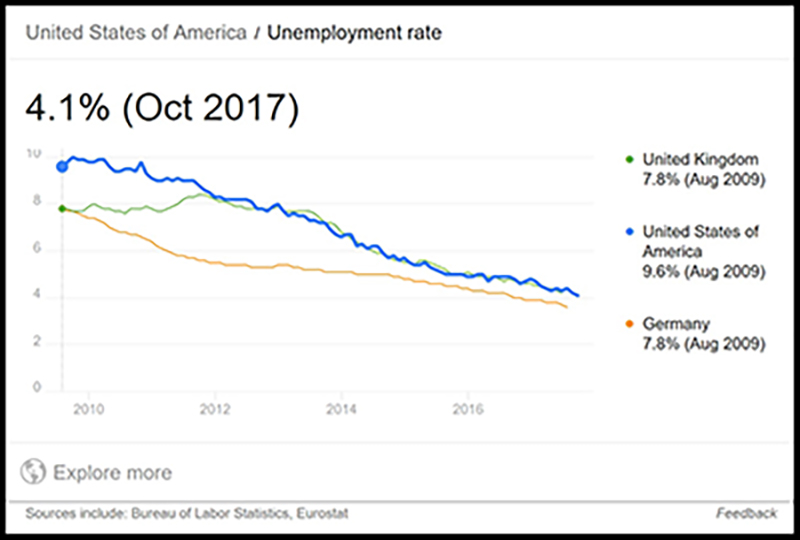Introduction
The 2016 election was contested based on “identity politics”. The 2020 election will also turn on identity politics along with other factors such as the economy. As polarization based on identity has become salient in our politics and society, a spate of excellent research explains its origin and characteristics.
This article provides a brief synthesis of approaches, which together provide a clear view of the history and character of our politics, including:
- populism of the left and right,
- re-alignment of the Parties since the 1960’s based on policies and party composition based on race,
- ideological divides – the politicization of language around race, taxes and big government
- the increasing emphasis of Democrats on group-coalition politics (group interests) as opposed to general economic well-being,
- increased sorting of our Country along a range of dimensions, exacerbating political divisions,
- identity politics as an outcome of sorting, and its emergence as a determinant of voter behavior,
- identity as tribalism, and implications for inter-group political conflict,
- is there a way out?





